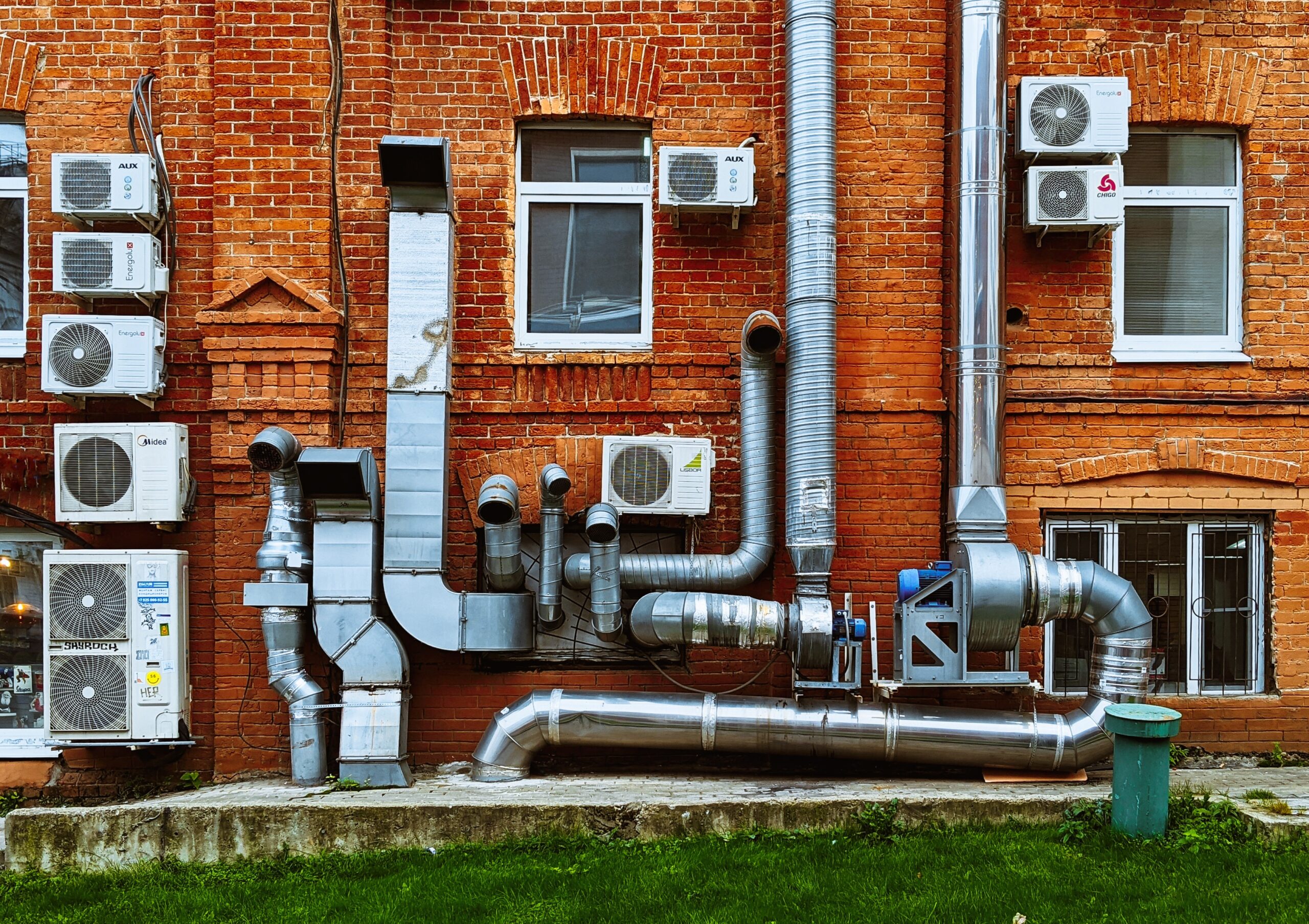According to IBISWorld, there are over 145,000 HVAC businesses in the United States as of 2023. This number has been increasing steadily over the past few years and is expected to continue to grow in the future. The growth of the HVAC industry is being driven by many factors, including the increasing demand for energy-efficient HVAC systems, the aging infrastructure of many homes and businesses, and the growing popularity of green building practices.
HVAC contractors are responsible for the maintenance and installation of heating, ventilation, and air conditioning systems in homes and businesses. This work requires the use of specialized tools and equipment, and it can be dangerous if not done properly. As a result, HVAC businesses face several unique risks that insurance agents should consider when writing coverage.
Some of the key risks that HVAC businesses face include:
- Property damage: HVAC businesses use a variety of tools and equipment that can be damaged in accidents or theft. They are also at risk for property damage caused by fires, floods, or other natural disasters.
- Equipment breakdown: HVAC businesses rely on specialized equipment to do their work. If this equipment breaks down, it can lead to business interruption and costly repairs.
- Completed operations liability: HVAC businesses can be held liable for any injuries or property damage that occur after job completion. This is known as completed operations liability.
- Inland marine liability: HVAC businesses often transport tools and equipment to and from job sites. This equipment is considered inland marine property, and it is insured under a separate policy known as an inland marine policy.
- Environmental liability: HVAC businesses use refrigerants and other volatile chemicals in their work. If these chemicals are not disposed of properly, they can pollute the environment. This type of liability is covered under an environmental liability policy.
In addition to these specific risks, HVAC businesses also face the same general risks as other businesses, such as liability for errors and omissions, and business interruption.
Proper risk management practices can help to reduce the risks that HVAC businesses face. However, no system is 100% effective, so it is important for businesses to work with a trusted insurance professional to assess their unique risks and obtain the appropriate coverage.
Here are some tips for providing the best insurance coverage for your HVAC business clients:
- Get quotes from insurance companies familiar with writing insurance coverage for HVAC businesses like Coterie Insurance.
- Compare the coverage limits and deductibles available.
- Make sure the policy covers all the risks that your client is concerned about.
For More Information
As a trusted insurance professional, you will be able to help your HVAC business clients understand their risks and choose the right policies to protect their business. To learn more about offering insurance for HVAC and other artisan contractors, head over to coterieinsurance.com.




